Understanding Sheep Food: What Do Sheep Eat and How Much Do They Need?
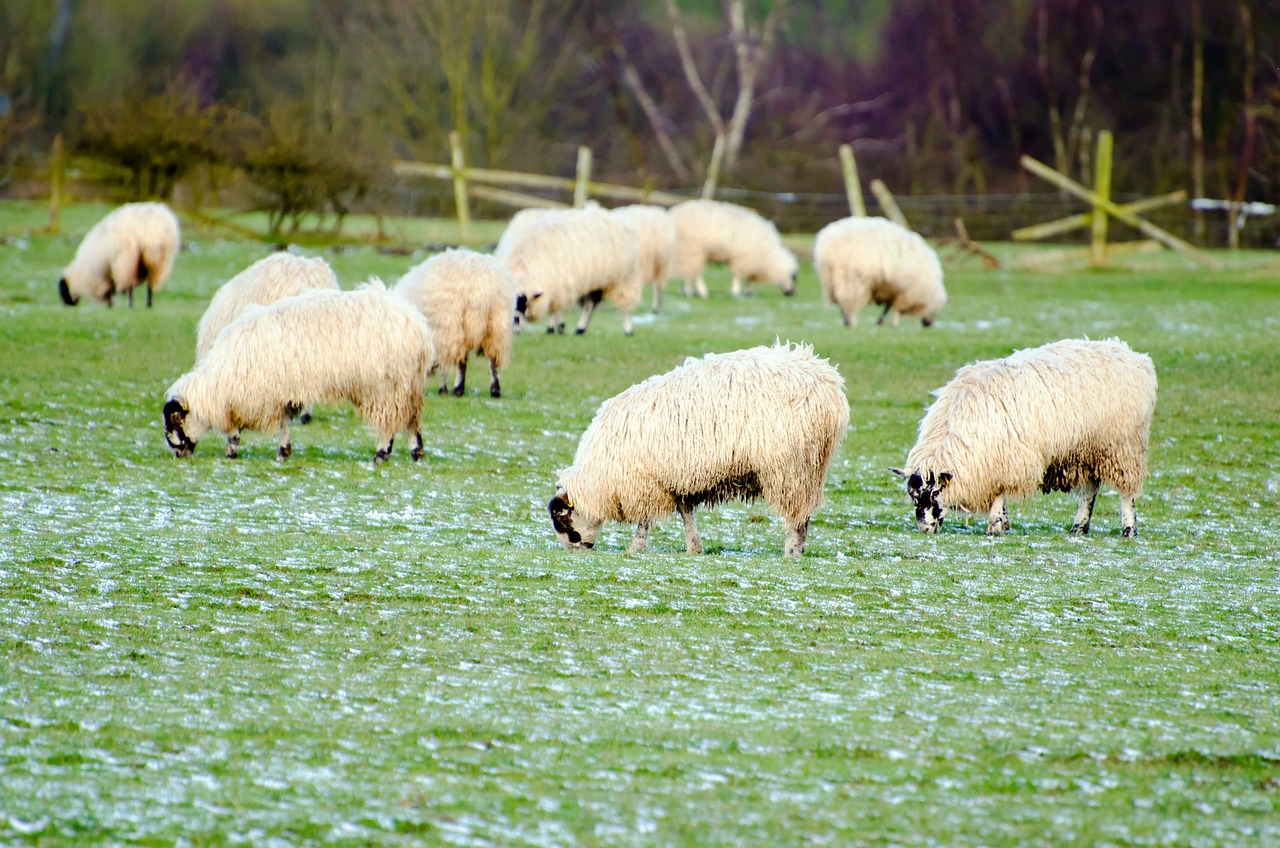
Sheep are adorable creatures known for their woolly coats and docile nature. They are ruminants, which means they have a four-compartment stomach that allows them to digest fibrous plant material. But what do sheep eat and how much do they need? Let’s find out.
What Do Sheep Eat?
Sheep are herbivores and graze on grass, herbs, weeds, shrubs and trees. They prefer tender leaves and shoots but will also eat stems, flowers and seeds. In the wild, sheep browse on a variety of plants depending on the season and availability of food. However, domesticated sheep rely on human-provided feeds to meet their nutritional needs.
How Much Should Sheep Eat Per Day?
The amount of food sheep need depends on their age, weight, breed, activity level and reproductive status. On average, adult sheep can eat up to 3-5% of their body weight per day, while lambs require 8-10% of their body weight. Pregnant and lactating ewes have higher energy and nutrient requirements and may need up to 30% more food than non-pregnant females.
What Do Pregnant Ewes Eat?
Pregnant ewes need a balanced diet rich in protein, energy, minerals and vitamins to support fetal growth and development. They also require enough calcium and phosphorus to prevent metabolic diseases such as pregnancy toxemia and milk fever. A good quality hay or pasture grass is the primary source of food for pregnant ewes, supplemented with a small amount of grains such as corn, oats or barley.
What Do Sheep Eat During the Winter?
During the winter months, when grass and other plants are scarce or dormant, sheep rely on stored feeds such as hay, silage, and baled straw. These feeds provide the necessary roughage and energy to keep them warm and healthy. Sheep can also be fed low-protein grains such as wheat or sorghum in small amounts to meet their energy requirements.
Feeding Grains in Small Amounts
While grains can be a good source of energy for sheep, they should be fed in small amounts and gradually introduced to prevent digestive upset and metabolic disorders such as acidosis. Overfeeding grains can also lead to urinary calculi, a painful condition caused by a buildup of crystal-like stones in the bladder or urethra. To avoid this, it’s essential to provide ample water and avoid feeding grains high in phosphorus and low in calcium.
Make Sure Feeds Are for Sheep Only
Sheep should only be fed feeds that are specifically formulated for them. Feeds designed for other livestock such as cattle or horses may contain ingredients that are harmful to sheep, such as copper and ionophores. Homemade sheep feed recipes should be carefully balanced and never include toxic substances such as chocolate, onions or avocados.
What Do Lambs Eat?
Lambs need a diet similar to that of adult sheep but with a higher protein content to support rapid growth and muscle development. Good quality pasture or hay is the primary source of food for lambs, supplemented with a small amount of grains, minerals and vitamins. Lambs should also have access to clean water at all times.
How Much Water Should Sheep Drink?
Water is essential for sheep health and productivity. On average, sheep need about half a gallon (2 liters) of water per day per 100 pounds of body weight. Pregnant and lactating ewes, as well as lambs, may need more water to support their increased metabolic demands. Sheep need sufficient water to prevent kidney stones, which can be caused by dehydration and high mineral intake.
Nutritional Balanced Sheep Feed Recipe
A well-balanced diet for sheep should contain the following components in appropriate proportions:
1. Forage: Good quality hay or pasture grass should be a primary component of a sheep’s diet as it provides them with fiber, energy, and protein.
2. Grains: A small quantity of grains like corn, barley, oats, or wheat can be added to the feed to provide additional energy.
3. Protein: Soybean meal, cottonseed meal, or linseed meal are good protein sources that help maintain muscle mass and promote growth.
4. Vitamins and Minerals: Sheep require essential vitamins and minerals such as calcium, phosphorus, magnesium, and vitamins A, D, and E, which can be provided through a commercially available mineral supplement.
An example of a balanced sheep feed recipe is:
– 50% quality hay
– 20% corn or barley
– 10% soybean meal
– 10% cottonseed meal
– 10% mineral supplement
It is important to note that the specific needs of your flock may vary depending on factors such as age, weight, and activity level. Additionally, make sure to provide clean drinking water at all times.
Shelf Life for Homemade Sheep Feed
Homemade sheep feed can last for up to 6 months if stored properly in a cool, dry place, away from direct sunlight and moisture. However, it’s important to regularly inspect and smell the feed to make sure it hasn’t gone bad or developed mold. Additionally, if any of the ingredients have expired, it’s best to not use them as they may affect the quality and nutritional value of the overall feed.
Feeding sheep properly is crucial for their health and well-being. Understanding what sheep eat, how much they need, and providing clean water and appropriate feeds will help ensure that they thrive and produce high-quality wool and meat.
The Author:
Pioneerthinking.com – Ingredients for a Simple Life.
Photo. Publicdomainpictures


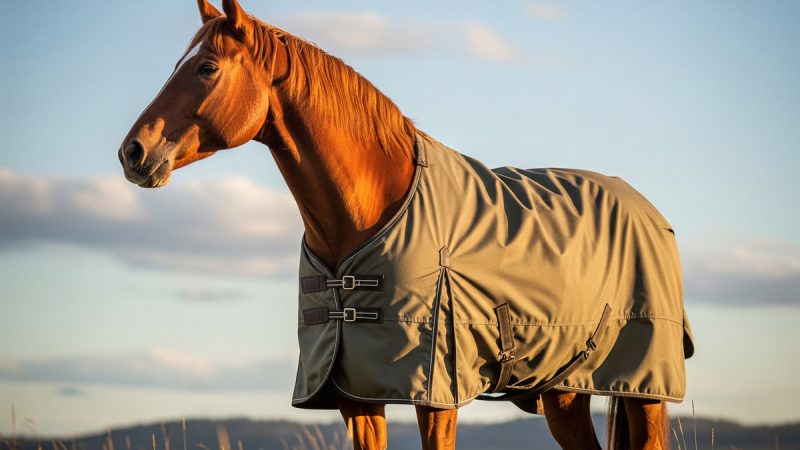
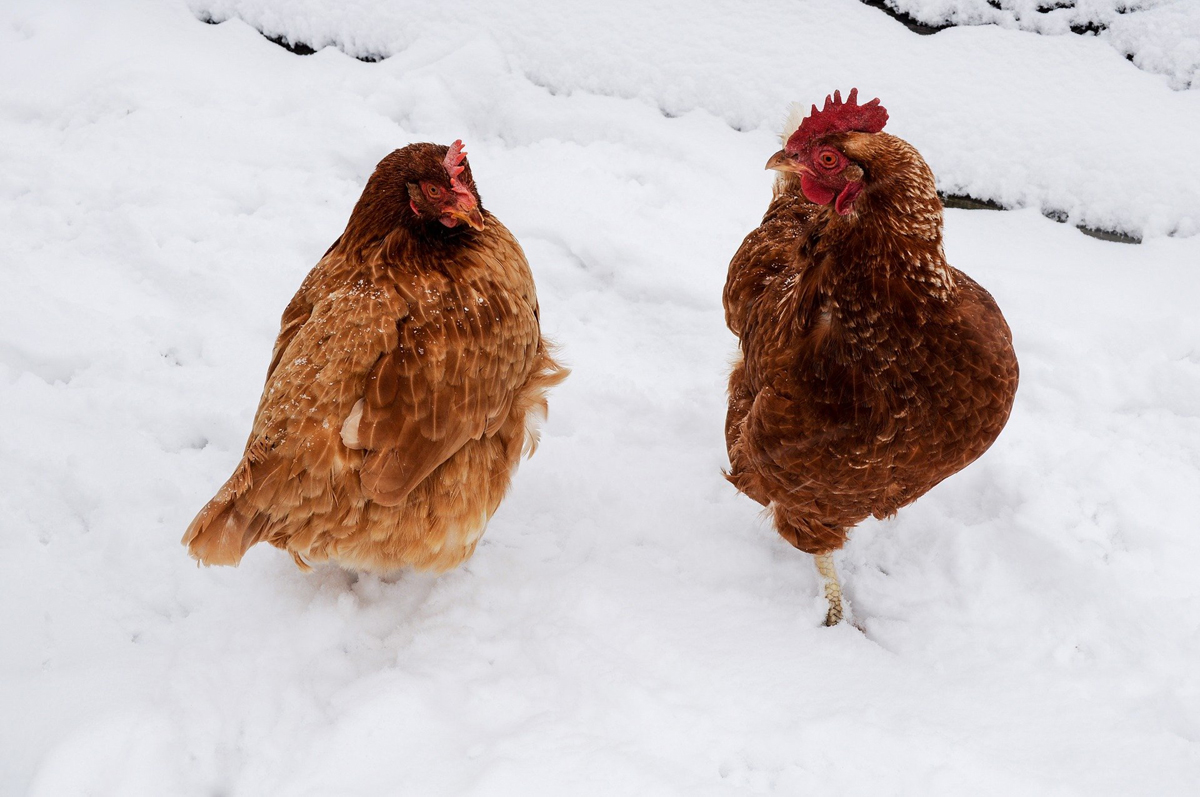
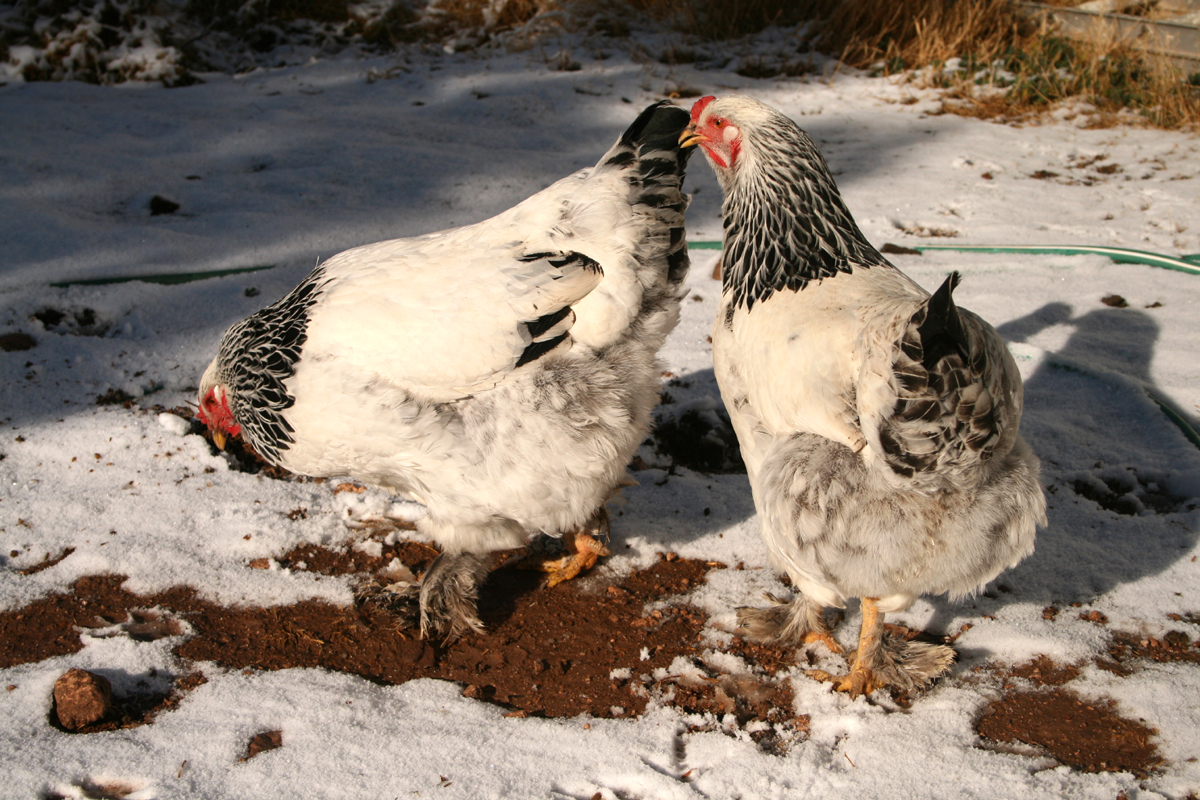
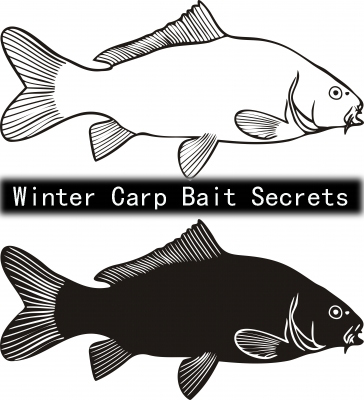
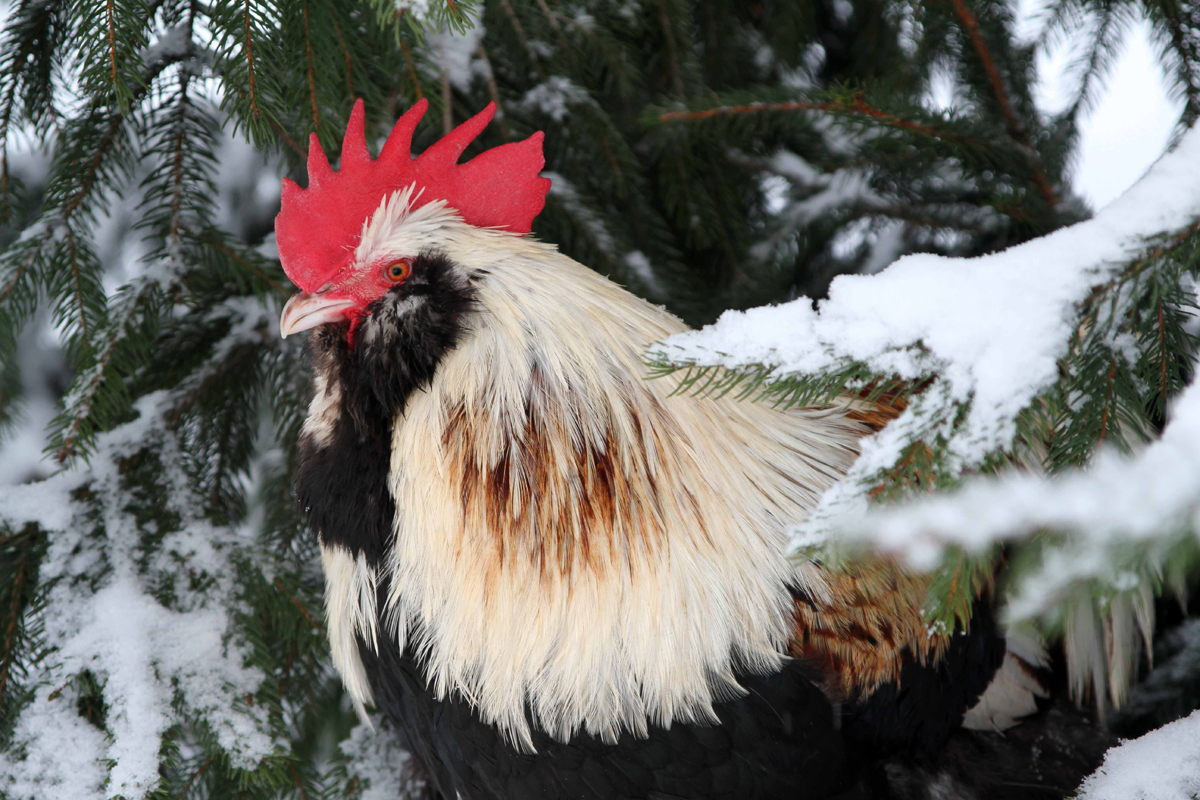
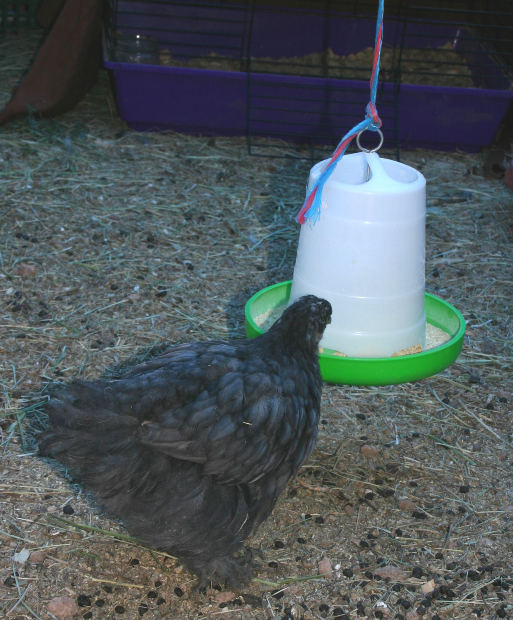
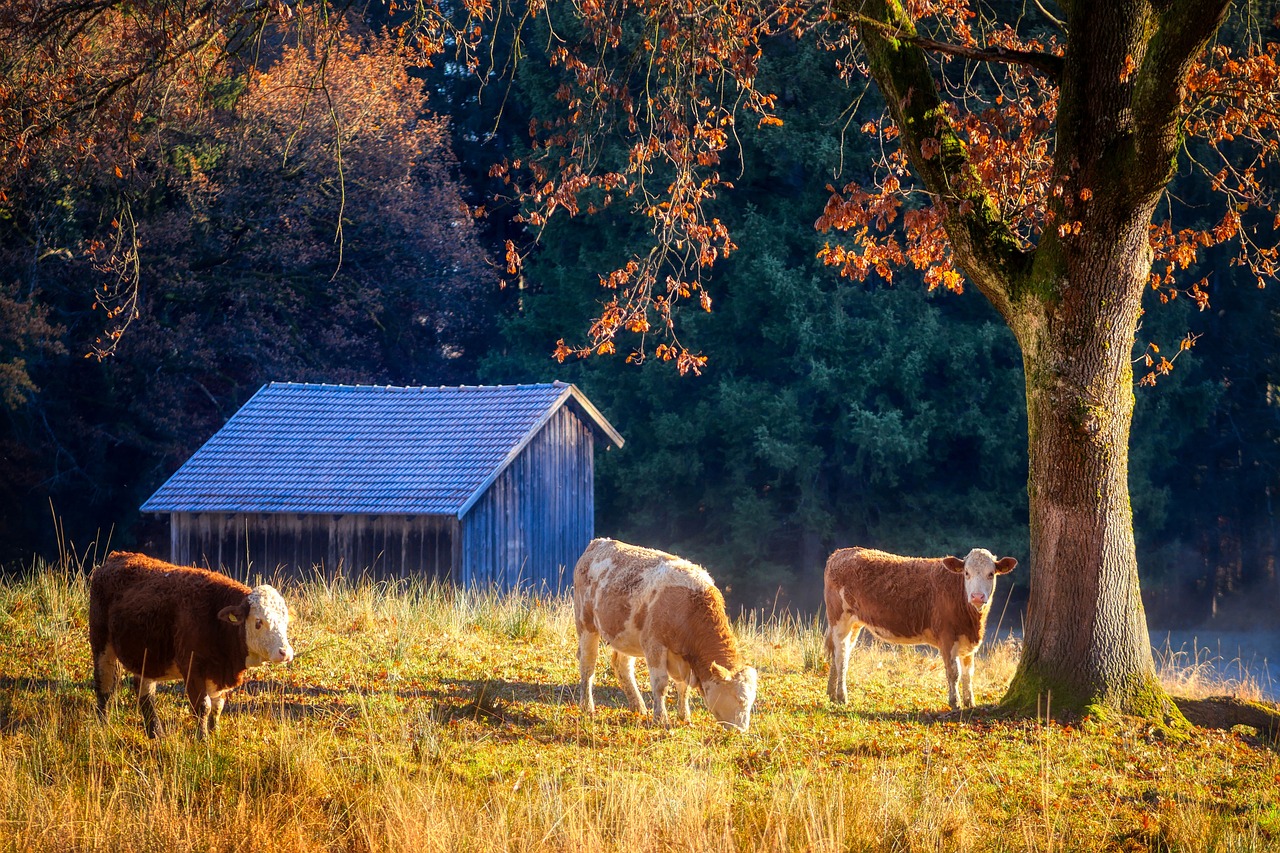
January 22, 2017 At 9:05 pm
Interesting and I am wanting to confirm what vegetables are safe to give to sheep? so far i’m giving my flock of five: pumpkin and organic skins from; apples, carrots; sweet potato [NOT the greens] turnips; organic broccoli. oh ALL these are cut into small pieces especially the pumpkin and apples. Are there ANY veggies OR FRUIT I am NOT to give them please? Tks
Sheep can safely eat carrots, beets, peas, turnips, pumpkins, squash, sweet potatoes, cabbage, kale, spinach, broccoli, cauliflower, celery, zucchini, bell peppers (in moderation)
It is important to note that too much of any one vegetable can upset a sheep’s digestive system, so it’s best to introduce new foods gradually and in small amounts.
Some examples of vegetables and fruits that should not be fed to sheep include:
Avocado: This fruit contains a toxin called persin, which can be toxic to sheep.
Onions and garlic: These vegetables contain compounds that can cause anemia in sheep.
Rhubarb leaves: The leaves of the rhubarb plant contain oxalic acid, which can be toxic to sheep if consumed in large quantities.
Potato and tomato leaves and stems: These contain solanine, which can be toxic to sheep.
Citrus fruits: Sheep can eat some citrus fruits, but they should be given in moderation as they are acidic and can cause indigestion.
It’s important to remember that sheep have specific dietary requirements and too much of any food, even those that are safe, can cause health problems. It’s always best to consult with a veterinarian or experienced shepherd before introducing new foods into a sheep’s diet.